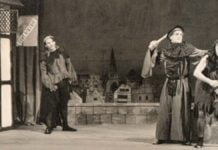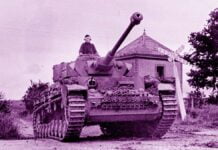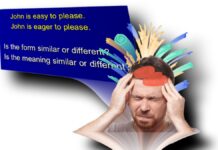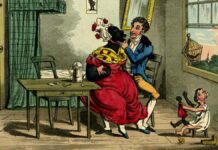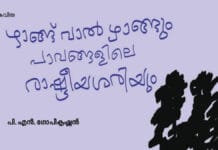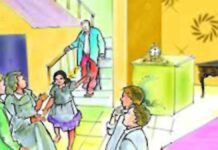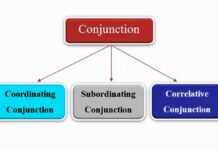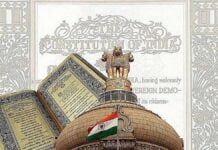In the English language, verb tenses indicate whether an event is from the past, present, or future. There are 12 verb tenses in the English language:
- Present Simple
- Present Continuous
- Present Perfect
- Present Perfect Continuous
- Past Simple
- Past Continuous
- Past Perfect
- Past Perfect Continuous
- Future Simple
- Future Continuous
- Future Perfect
- Future Perfect Continuous
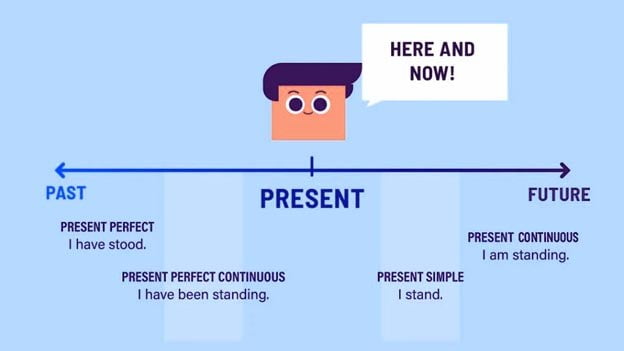
When paired with an auxiliary word, these tenses provide information about the primary verbs in the sentences. We use main verbs and auxiliaries to form different tenses.
The Present Tense
The present tense is the most basic tense in the English language. Generally, we use it to refer to present activities or to talk about routines or habits. We also use the present tense to refer to facts and beliefs. It is also used to make a general statement about something or somebody.
She leaves for work at 7.30 every morning. (routine)
The sun rises in the east. (fact)
Harry usually drinks a glass of wine with his meal. (generalisation)
| The 4 Present Tenses | Example 1 | Example 2 |
|---|---|---|
| simple present tense | I go | I laugh |
| present progressive tense | I am going | I am laughing |
| present perfect tense | I have gone | I have laughed |
| present perfect progressive tense | I have been going | I have been laughing |
Simple Present Tense
The simple present tense is mostly used to describe facts and habits.
I run daily.
You work.
He plays.
Present Progressive Tense
The present progressive tense is used for ongoing action in the present.
I am running to your house at the moment.
You are working.
He is playing.
Present Perfect Tense
The present perfect tense is used for actions that began in the past. (Often, the actions continue into the present.)
I have run for 5 miles so far.
You have worked.
He has played.
Present Perfect Progressive Tense
The present perfect progressive tense is used for a continuous activity that began in the past and continues into the present, or a continuous activity that began in past but has now finished (usually very recently).
I have been running for hours.
You have been working.
He has been playing since morning.












